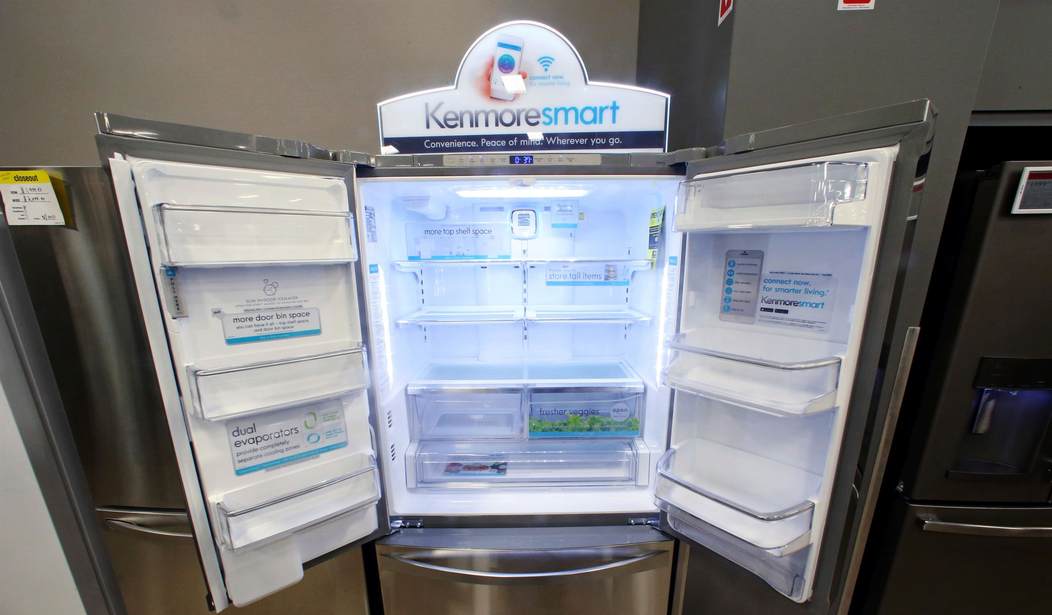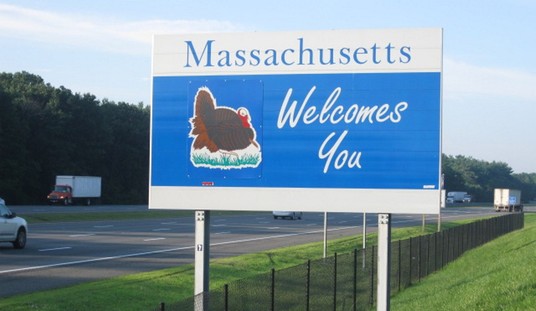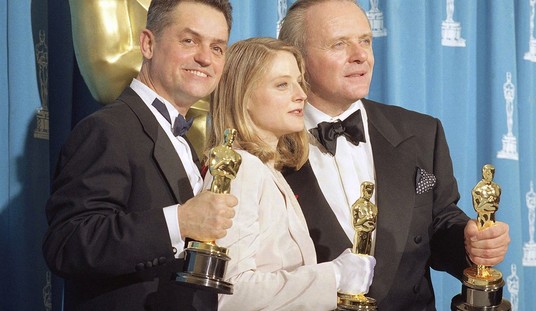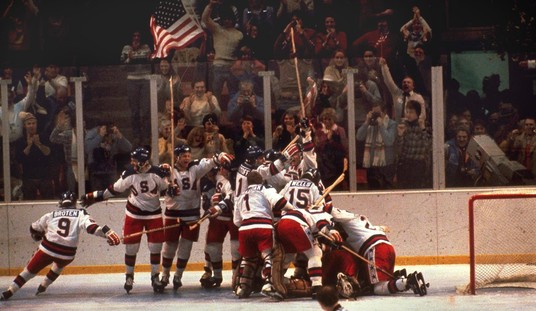When I was a little tad, on a weekend spent on my grandfather's farm, I was accompanying my Grandpa into the house for lunch when I remembered a question I'd meant to ask him. "Grandpa," I inquired, "What's that little door on the outside wall for, and why is it nailed shut?"
"What's on the other side of that wall?" Grandpa asked me in reply.
I thought for a moment. "The refrigerator."
"That's right. Before we had a refrigerator, we had an ice box. That door is where the ice man put blocks of ice into the back of the ice box."
Until that moment, I never gave refrigerators much thought. I'd never known a time without one in every kitchen. But Grandpa, born in 1896, remembered such a time very well. Refrigeration changed a lot in how we store and transport food; it revolutionized everything, enabling us to keep perishable foods colder, longer, and more reliably.
And now climate scolds are wagging their fingers at us about the environmental impact of our refrigerators and freezers. An editorial at Issues & Insights tells the tale.
Nicola Twilley, author of “Frostbite: How Refrigeration Changed Our Food, Our Planet, and Ourselves,” seems to be on a crusade to reverse the benefits of refrigeration. In an interview last month with ABC News, she discussed the “bigger downside” of refrigeration in regard to “our environment.”
“All the power that is used for cooling. It’s a huge vast contribution to climate change. And that’s before we even get to the chemicals that we use to refrigerate. They’re called refrigerants, and they are the number one thing we could tackle to mitigate climate change, according to Project Drawdown. So it’s it’s got a lot of downsides. They’re just not usually talked about.”
The chemicals we use to refrigerate are called refrigerants. Really? Who knew?
Look, modern refrigerators are very efficient. Our electrical bill at the house, including running both a refrigerator and a huge chest freezer, is pretty modest, even in winter. (Thanks in part to a big pile of firewood.) Freon, once widely used in refrigeration, has largely been replaced, mostly because of the whining of climate scolds. And refrigeration is vital to every step of the chain, from storing to transporting to retailing to keeping food in our homes. Refrigeration is, in fact, an essential factor in public health. Even the United States Department of Agriculture agrees.
“A refrigerator is one of the most important pieces of equipment in the kitchen for keeping foods safe,” says the U.S. Agriculture Department.
Human Progress, a project that highlights the “dramatic improvements in human well-being throughout much of the world,” reminds us that “Refrigeration has revolutionized public health and improved the quality of life worldwide,” and has blessed us with “remarkable benefits,” such as “reducing foodborne illnesses and improving the quality of food.”
In fact, without refrigeration (and freezing), we would not even be able to sustain the population we have now. Doing away with refrigeration would require going back to a late 19th-century model of food production and distribution. In 1900, the population of the United States was a little over 76 million. Today, it is around 345 million. That's an added 269 million people that, without modern refrigeration and freezing, we would no longer be able to feed.
I leave the likely fate of those 269 million people to your imagination, but I think we all know the likely outcome. Now, consider the global population and how many of those people live in urban centers — a percentage of the population that has been increasing since the Industrial Revolution began. Those are people who all — everyone — depend on modern storage and distribution of food for their survival.
And, no, we can't go back to ice. At some later point, I also asked my Grandpa where the ice came from; he described how ice was cut from the frozen lakes and rivers in winter and stored in ice houses for distribution in summer. That's not a model that would scale up to current requirements. Some years later, I lived near the old ice house in Cedar Falls, which had been converted to a museum — and that's precisely what that ice house should now be.
See Related: Jeff Bezos, Climate Scold, Buys 4th Private Jet for $80 Million
Sheldon Whitehouse Claims Fossil Fuels Drive Inflation, Gets Destroyed in Replies
Were my grandfather around today, and were someone to suggest to him that he should go back to using an icebox because of some nebulous claims about the weather, I have a feeling Grandpa would have had some very direct and spicy replies.
As for me? I'm not giving up my refrigerator or our coffin-sized chest freezer, big enough to hold a moose. Even here in Alaska, we depend on refrigeration to keep food fresh from spoiling and possibly becoming hazardous to eat. Refrigeration is an essential part of our modern technological lifestyle; it has vast benefits for food safety and public health, in addition to the great quality of life benefit by greatly expanding our choices in foods. Those benefits far, far outweigh any tiny effects that modern refrigerators have on the climate. This is just another finger-wag from a climate scold who, I would bet money, has no intention of practicing what she preaches.















